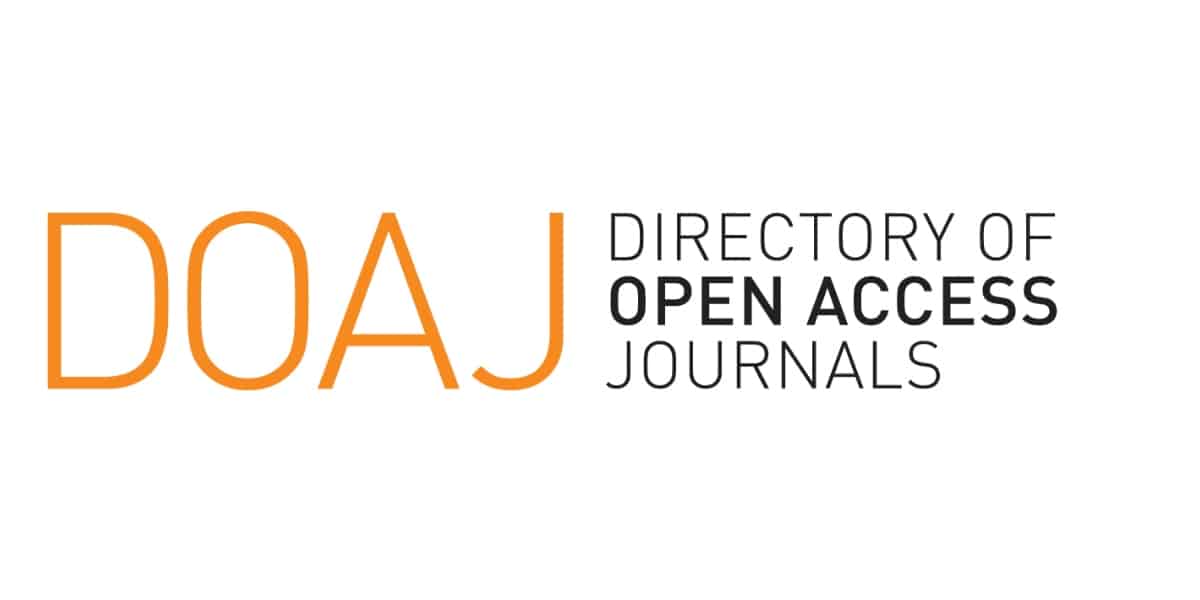KEBIJAKAN KEMANDIRIAN INDUSTRI PANGAN DALAM MEMPERKUAT EKONOMI NASIONAL
Abstract
With a large population, Indonesia requires the food industry's self-sufficiency. The food industry's self-sufficiency is faced with complex problems starting from raw materials, production, and distribution to the market. This study aims to analyze the problems in the food industry and the appropriate policies. This research uses the policy analysis method of Patton, Sawicki, and Clark: defining the problem, determining criteria, identifying alternative policies, and evaluating and comparing alternative policies; as well as using three impact evaluation criteria: national economy, industrial capacity, and political-social. The data used is secondary data from the results of previous studies. The results showed that from the nine problems, 20 policy alternatives were obtained. Six of these policies have significant economic impacts: (1) Provide incentives to suppliers and R&D institutions in terms of supply of seeds/seeds, cultivation as well as harvest and post-harvest; (2) Provide guidance and facilities in building partnership networks among suppliers and growing start-up companies; (3) Setting up fiscal and non-fiscal incentives for technology development and construction of product handling assembly plants in the country; (4) Facilitating compliance with national and international regulations and standards in terms of food safety, especially hygienic food practices, management and control of food safety; (5) Encouraging and controlling the industry to provide clear information regarding product content, free of hazardous materials and halal labels on products sold; and (6) Increasing bilateral and multilateral cooperation and diplomacy with potential partner countries/regions and trade representatives in destination countries.
Keywords: food industry, production, market, policy analysis, raw materials, self-sufficiency

_page-00013.jpg)







_(1).png)

